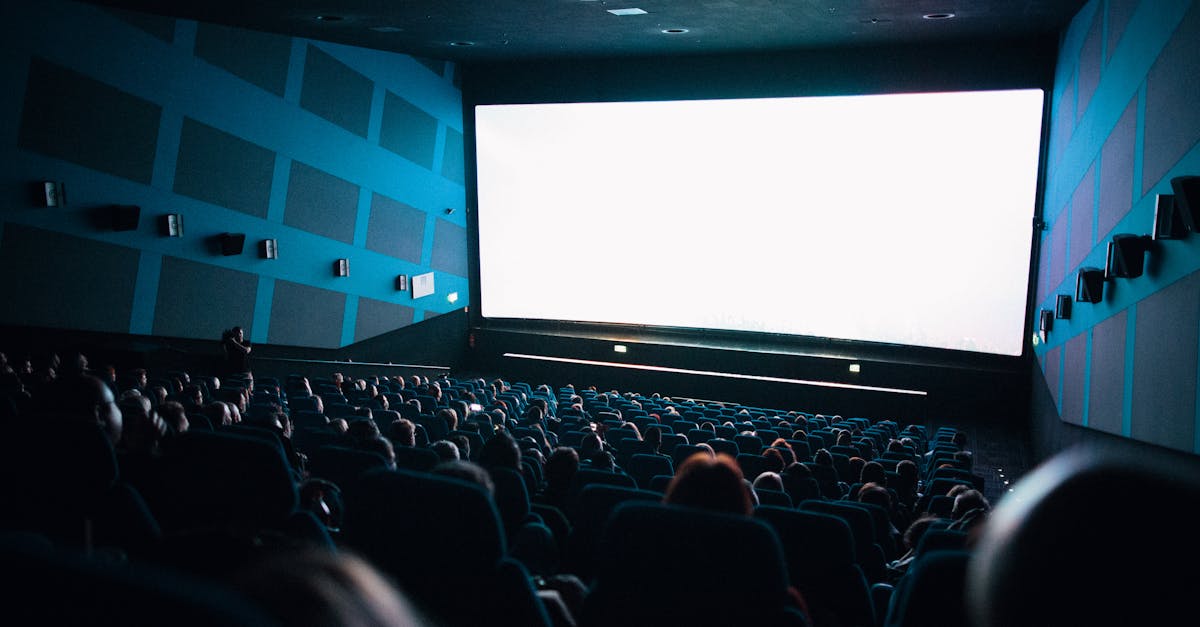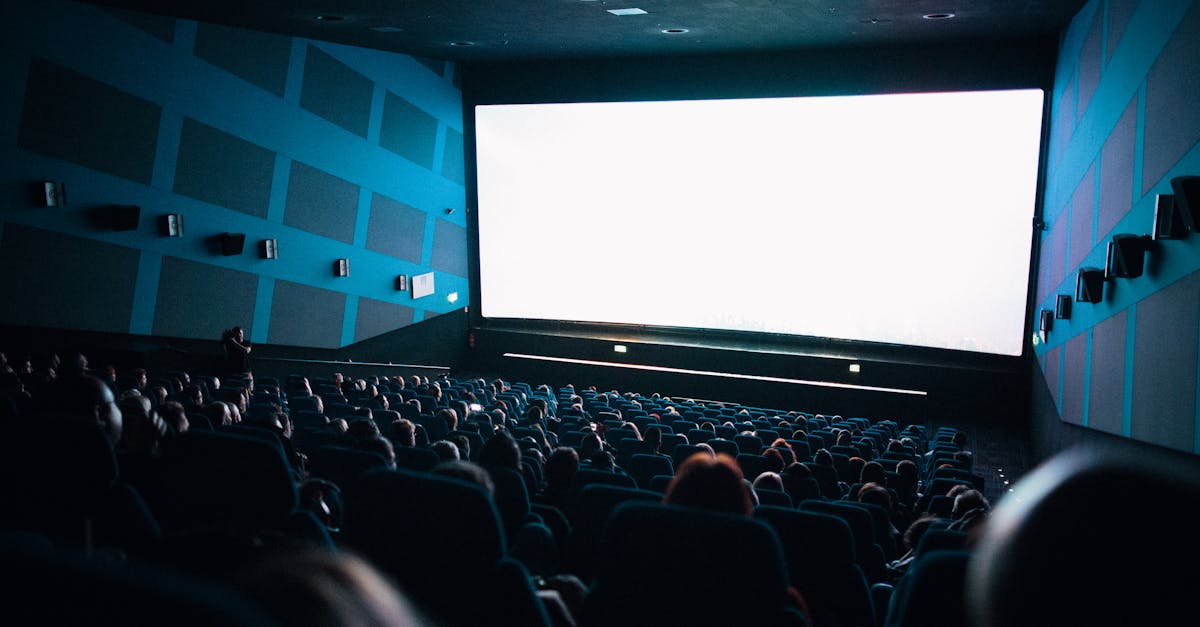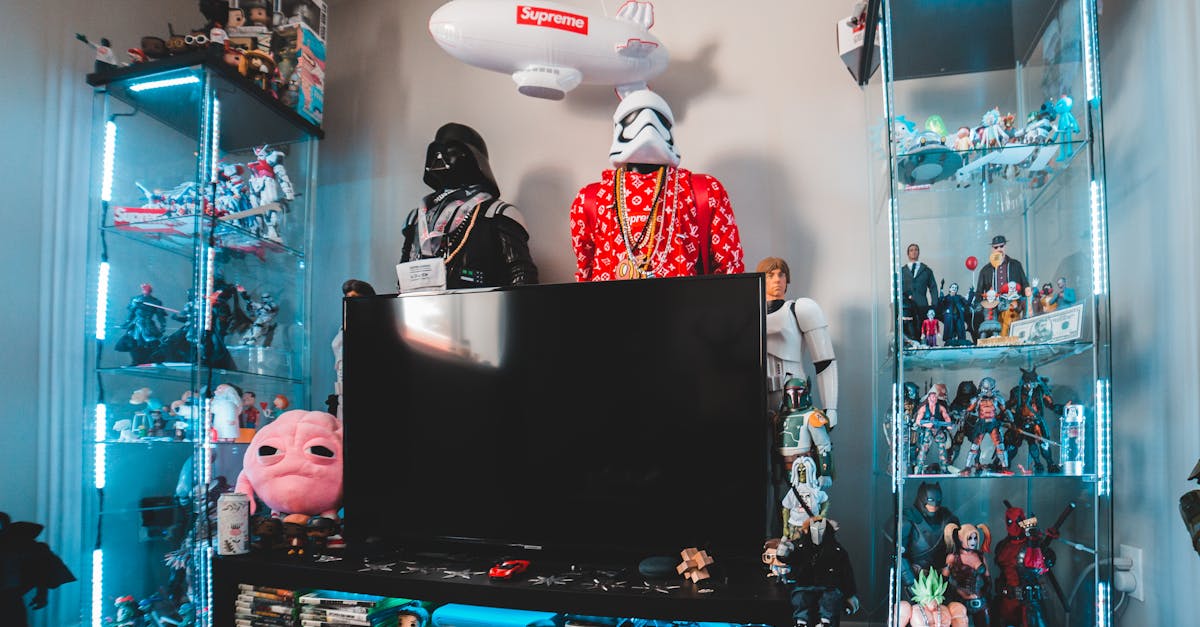Decoding the Daily Cinema Schedule
Introduction
The world of cinema is ever-evolving, with daily schedules reflecting the pulse of audience preferences and new releases. An intricate web of timing and selection, these schedules affect your movie-going experience significantly. But why does such a routine aspect hold so much importance? It's more than just screen timings; it's about accessibility, planning, and delivering a perfect cinematic experience. Daily cinema schedules have become a finely-tuned instrument in the hands of theatre managers. In this article, we delve deep into the heart of cinema schedules, exploring their construction and role in enhancing your movie escapade.
Advertisement
Complexity of Programming
Creating a daily cinema schedule is no small feat. It requires an understanding of audience demand, movie length, and logistical constraints. The process usually starts weeks in advance, taking into consideration upcoming releases and historical data on audience preferences. Cinemas juggle multiple films, often alternating blockbuster hits with niche indie movies to cater to diverse tastes. The goal is to maximize audience satisfaction and theatre occupancy, ensuring the maximum number of people can view their desired film at a convenient time.
Advertisement
Balancing New Releases and Classics
While new releases generate significant buzz and crowds, older classics and indie gems also have their place in the daily schedule. The inclusion of a variety of films ensures that cinemas cater to different tastes, broadening their appeal. Managers must strategically decide when to feature new releases as opposed to timeless classics, often based on the expected flow of audiences on weekdays versus weekends. This balance is critical to maintaining a diverse audience base, which in turn ensures sustained cinema attendance throughout the week.
Advertisement
The Role of Technology
Today's cinema schedules are also driven by sophisticated technology. Ticketing software, advanced algorithms, and data analytics help managers predict audience flow and optimize scheduling. With real-time feedback available from online ticket sales and social media mentions, theatres can make quick adjustments if particular films aren't drawing the expected viewers. This data-driven approach not only minimizes empty seats during screenings but also boosts revenue through dynamic scheduling, meeting the demands of an ever-evolving audience.
Advertisement
Effect of Streaming Services
The rise of streaming platforms has undoubtedly influenced cinema scheduling. With increased accessibility to films from home, cinemas face the challenge of luring audiences out of their living rooms. Special events, midnight screenings, and film festivals now often punctuate regular schedules to offer audiences something uniquely theatrical that contrasts the home streaming experience. Exclusive premieres and interactive experiences further distinguish cinemas from their digital counterparts, necessitating smart scheduling to draw audiences consistently.
Advertisement
Cultural and Community Considerations
Daily cinema schedules also often reflect cultural and community narratives. Cinemas located in multicultural hubs may feature international films, celebrating cultural diversity. Special screenings during festivals, such as shows celebrating Black History Month or Pride Week, aim to align with local cultural events. Such screenings elevate the cinema schedule from mere logistics to a celebration of community identity, fostering a sense of belonging and connection among diverse audiences.
Advertisement
Impact on Audience Experience
For audiences, cinema schedules determine accessibility and convenience, influencing when and if they choose to watch a film. The strategic alignment of film genres, showtimes, and theatrical experiences can significantly enhance the viewing experience, offering something more than just movies: a well-crafted escape. The seamless integration of peak times and availability ensures that cinemas can deliver consistent entertainment value, cultivating a loyal customer base that returns for the experience as much as the movies themselves.
Advertisement
Challenges in Scheduling
With so many factors to consider, managing a daily schedule is laden with challenges. Changes in release dates, last-minute cancellations, and unpredictable audience trends can disrupt even the best-laid plans. Additionally, unexpected trends, such as viral social media influences, require swift adaptations, presenting logistical conundrums for theatre personnel. Being able to adapt to these challenges quickly and with minimal disruption is key to a successful cinema schedule.
Advertisement
Looking to the Future
As technology continues to evolve, so too will the art of cinema scheduling. Virtual reality features, interactive movies, and immersive sound techniques offer new prospects for theaters to explore. In the face of home-streaming competition and changing technologies, cinemas must continually refine their schedules. By experimenting with innovative programming and embracing technological advances, theatre managers can offer audiences a fresh and engaging reason to buy a ticket and walk through their doors.
Advertisement
Conclusion
Daily cinema schedules are more than just a list of movie times; they are a testament to the complexity and artistry of film programming. From balancing new releases with beloved classics to embracing technology and community narratives, the art of scheduling is an ever-evolving challenge. The smallest changes can significantly impact audience experience, enhancing the joy of cinema. As theatres adapt to new challenges and opportunities, the essence of film - its ability to capture hearts and minds - remains steadfast. In this tapestry of timing and selection, the world of cinema continues to offer magic on the big screen.
Advertisement








